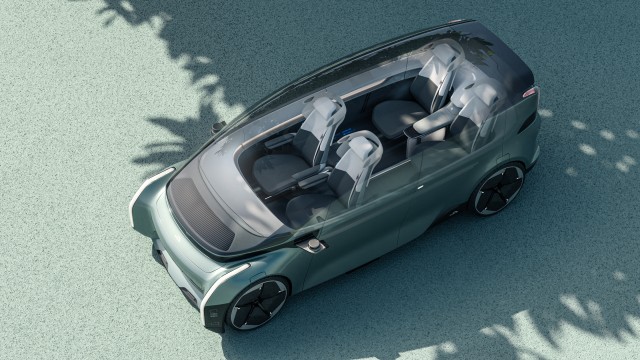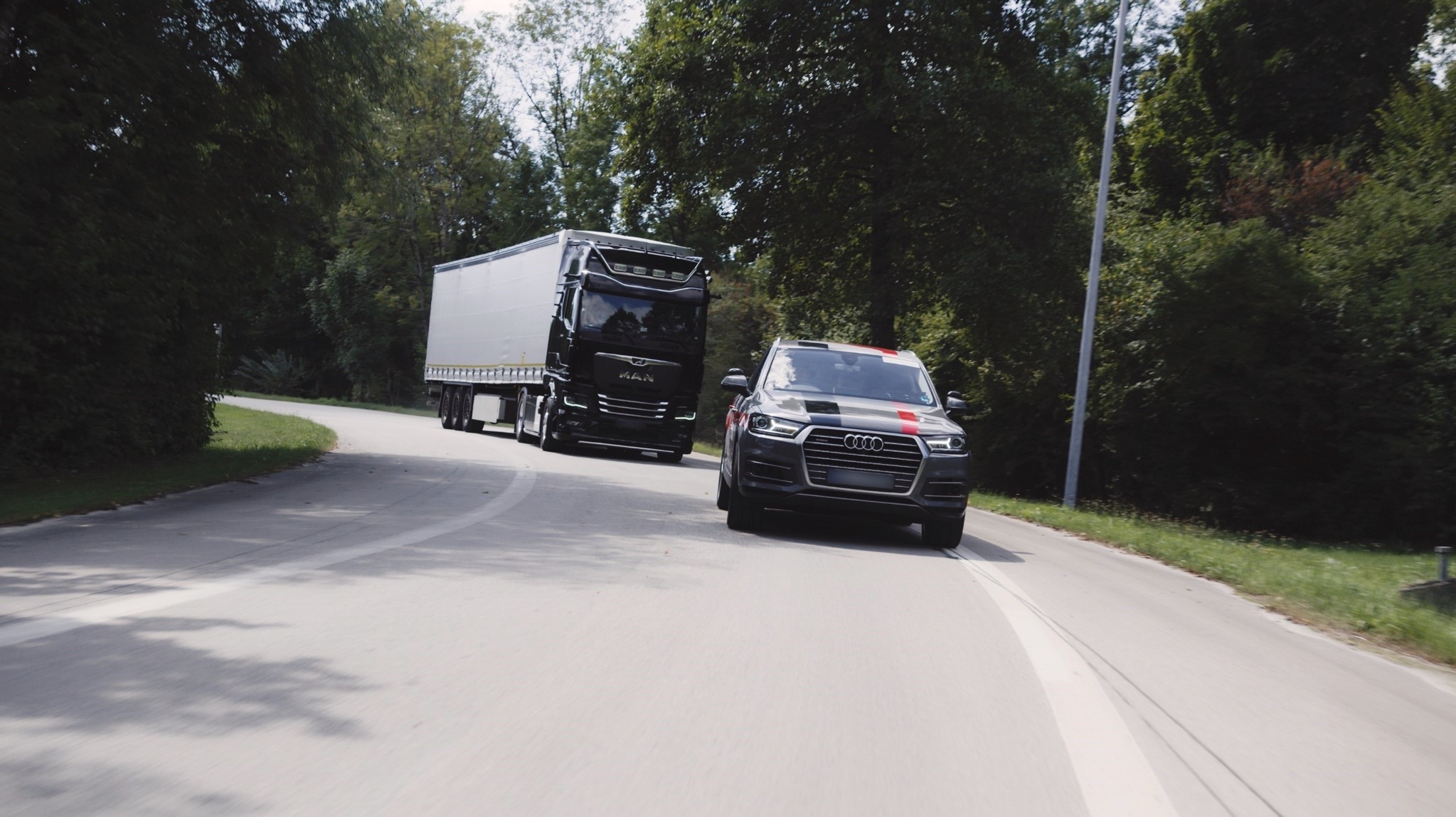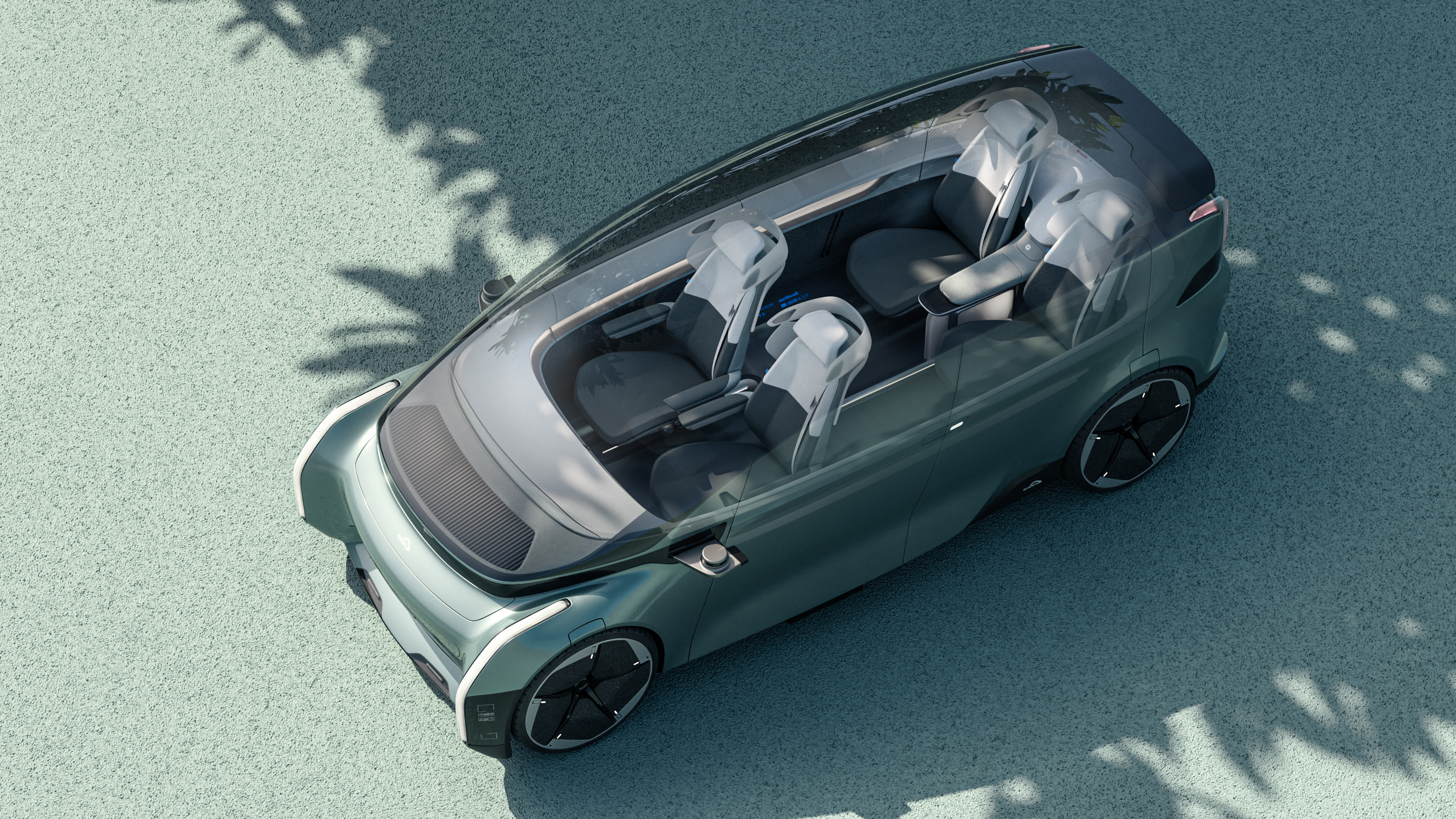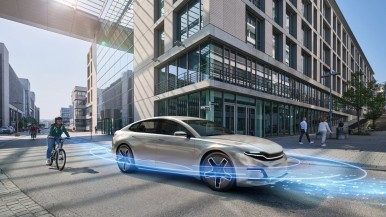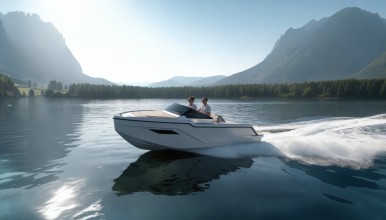Stuttgart, Germany – Watching movies, playing games, working, or snoozing: the people who will be using automated vehicles in the future have clear ideas about how they want to pass the time it takes to reach their destination. Their wishes call for a complete redesign of the vehicle interior, with comfortable driving characteristics to match, and this presents manufacturers and suppliers with new challenges. These are the findings of a research project led by Bosch. Called RUMBA, it looked into what people expect from automated vehicles – in terms of both interiors and driving behavior. The work of RUMBA’s business and science experts was funded with a grant of some 11 million euros from the German Federal Ministry for Economic Affairs and Climate Action. “This newly acquired basic knowledge will shape the planning of new generations of vehicles. In the future, this could lead to the creation of a completely new living and working space for users,” says Michael Schulz, who managed the project at Bosch. For example, automated cars and commercial vehicles could be converted into offices, cinemas, or even bedrooms. Many service providers see vehicles as an as-yet untapped and therefore significant market segment.
Contact persons for press inquiries:
Jennifer Gass
Phone: +49 711 811-42239
E-mail: Jennifer.Gass@de.bosch.com
Mobility is the largest Bosch Group business sector. In 2023, its sales came to 56.2 billion euros, or just under 60 percent of total Group sales. This makes the Bosch Group one of the leading mobility suppliers. Bosch Mobility pursues a vision of mobility that is safe, sustainable, and exciting. For its customers, the outcome is integrated mobility solutions. The business sector’s main areas of activity are electrification, software and services, semiconductors and sensors, vehicle computers, advanced driver assistance systems, systems for vehicle dynamics control, repair-shop concepts, as well as technology and services for the automotive aftermarket. Bosch is synonymous with important automotive innovations, such as electronic engine management, the ESP anti-skid system, and common-rail diesel technology.
The Bosch Group is a leading global supplier of technology and services. It employs roughly 429,000 associates worldwide (as of December 31, 2023). The company generated sales of 91.6 billion euros in 2023. Its operations are divided into four business sectors: Mobility, Industrial Technology, Consumer Goods, and Energy and Building Technology. With its business activities, the company aims to use technology to help shape universal trends such as automation, electrification, digitalization, connectivity, and an orientation to sustainability. In this context, Bosch’s broad diversification across regions and industries strengthens its innovativeness and robustness. Bosch uses its proven expertise in sensor technology, software, and services to offer customers cross-domain solutions from a single source. It also applies its expertise in connectivity and artificial intelligence in order to develop and manufacture user-friendly, sustainable products. With technology that is “Invented for life,” Bosch wants to help improve quality of life and conserve natural resources. The Bosch Group comprises Robert Bosch GmbH and its roughly 470 subsidiary and regional companies in over 60 countries. Including sales and service partners, Bosch’s global manufacturing, engineering, and sales network covers nearly every country in the world. Bosch’s innovative strength is key to the company’s further development. At 136 locations across the globe, Bosch employs some 90,000 associates in research and development, of which nearly 48,000 are software engineers.
Additional information is available online at www.bosch.com, www.iot.bosch.com, www.bosch-press.com.

